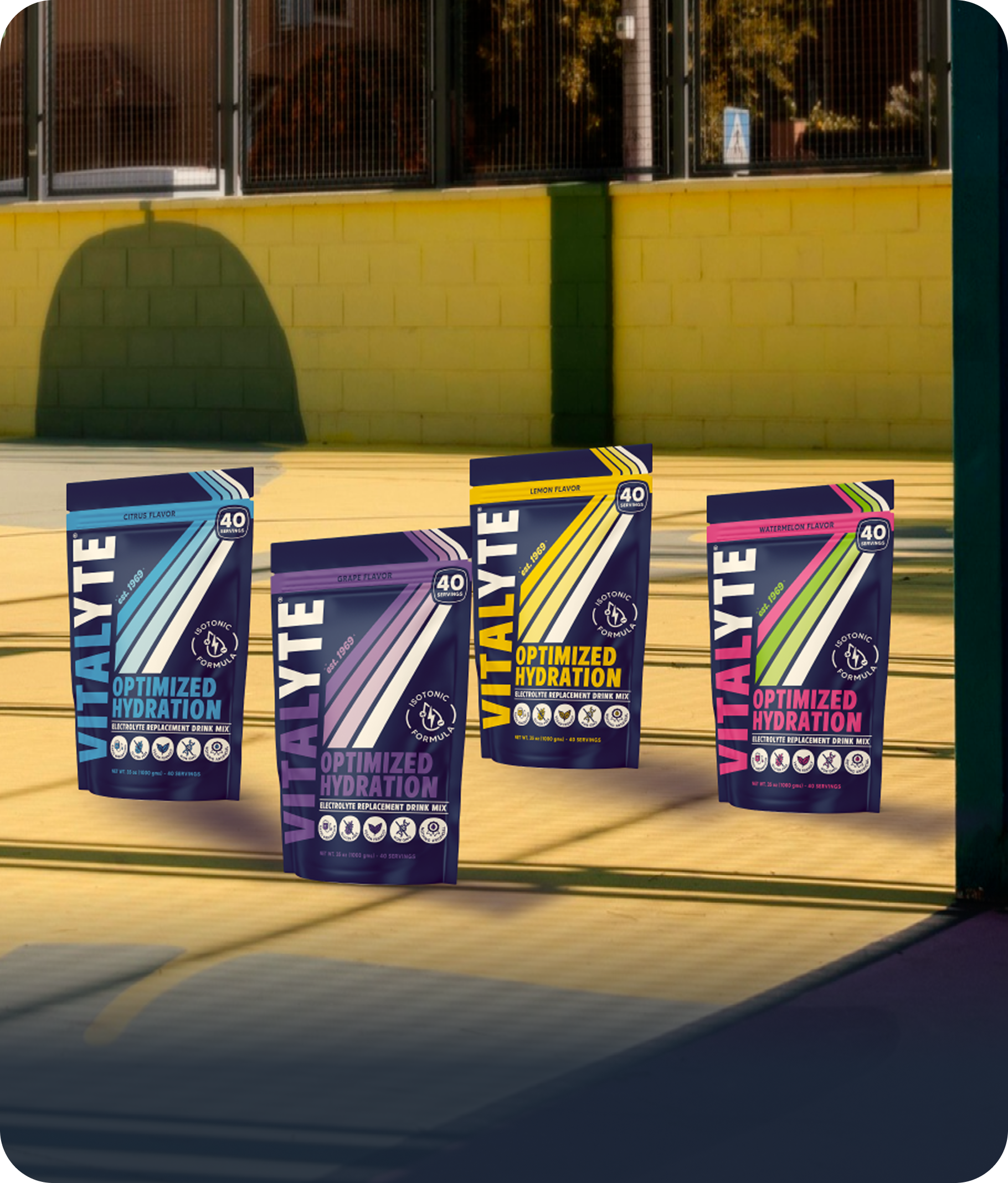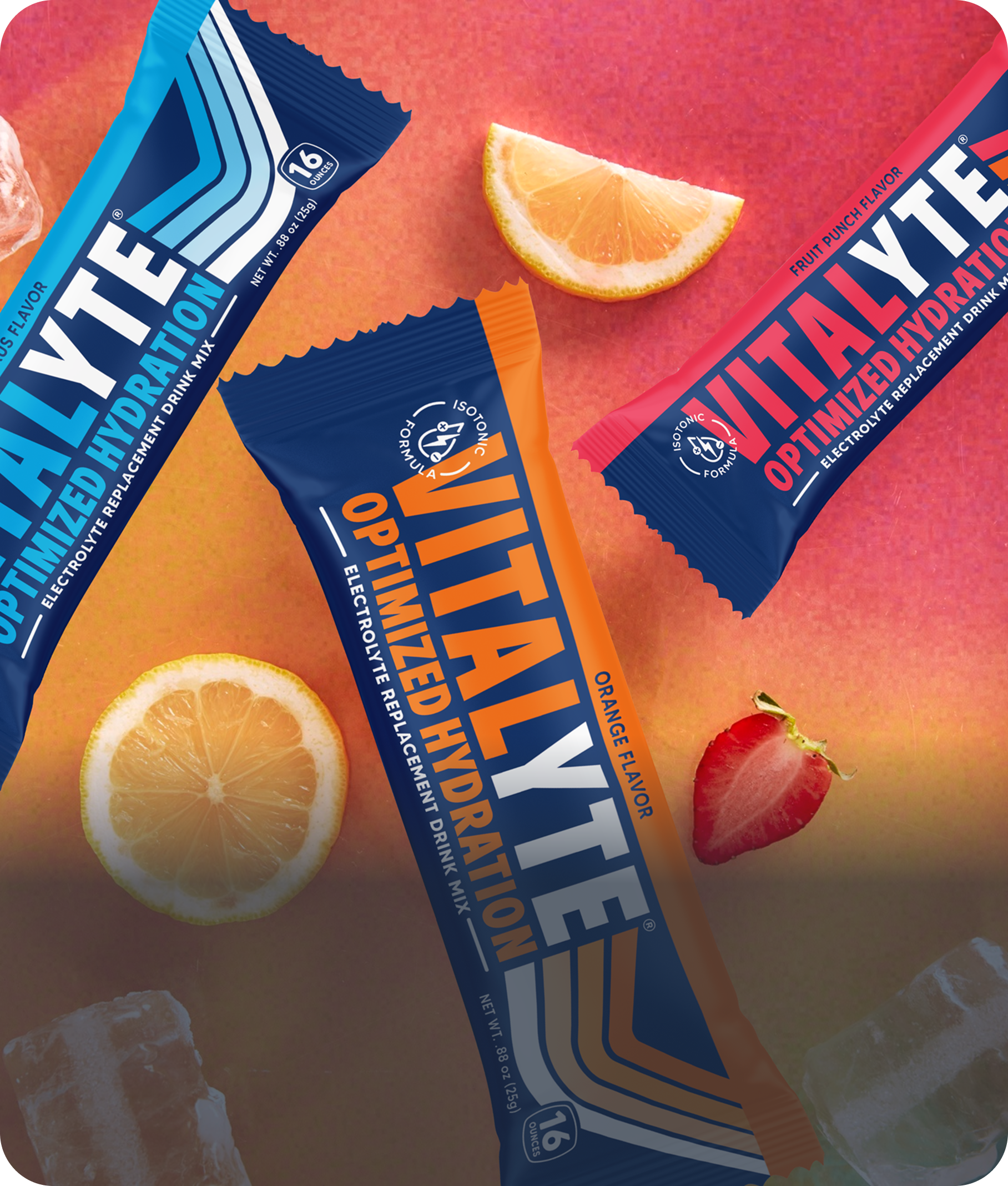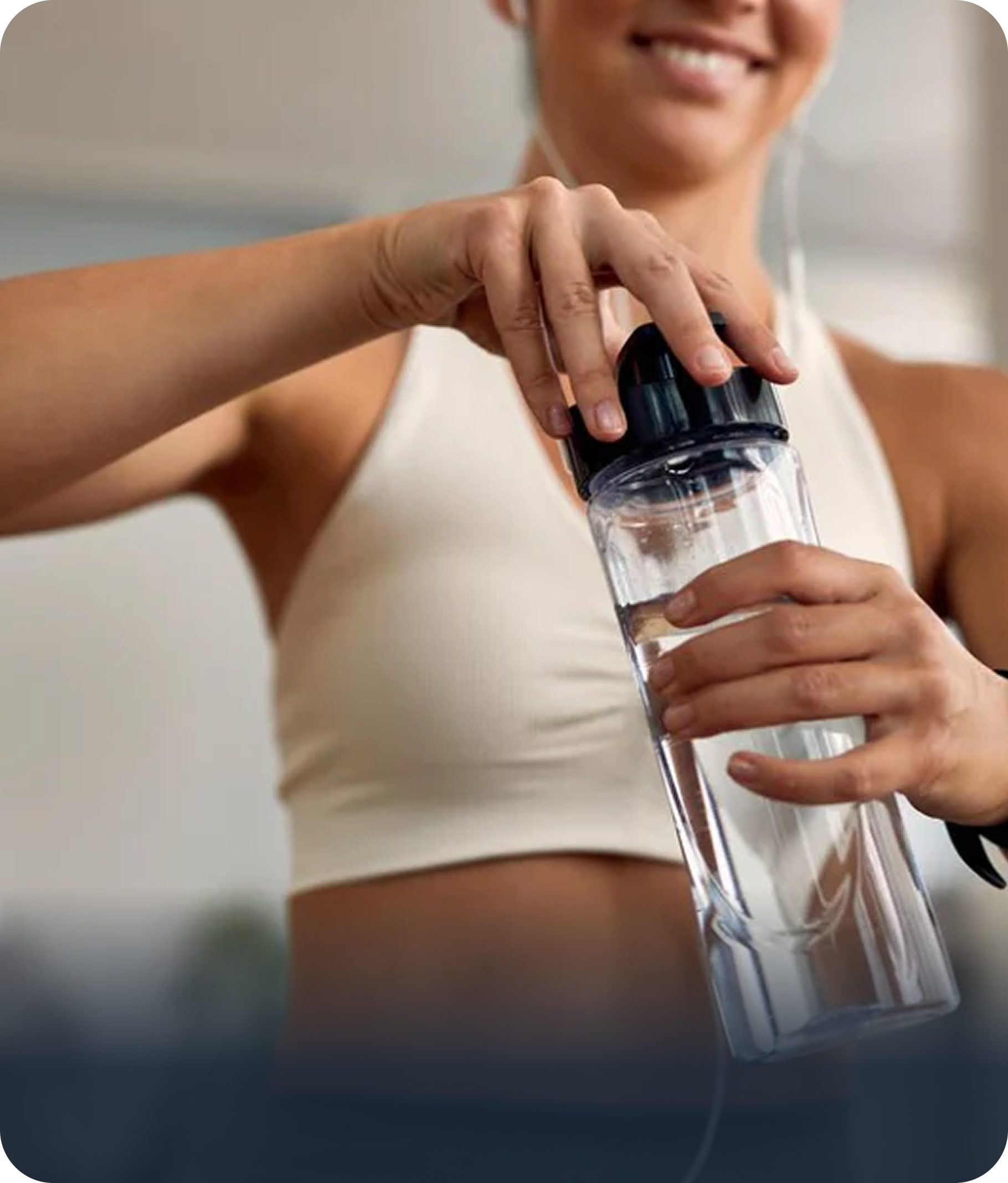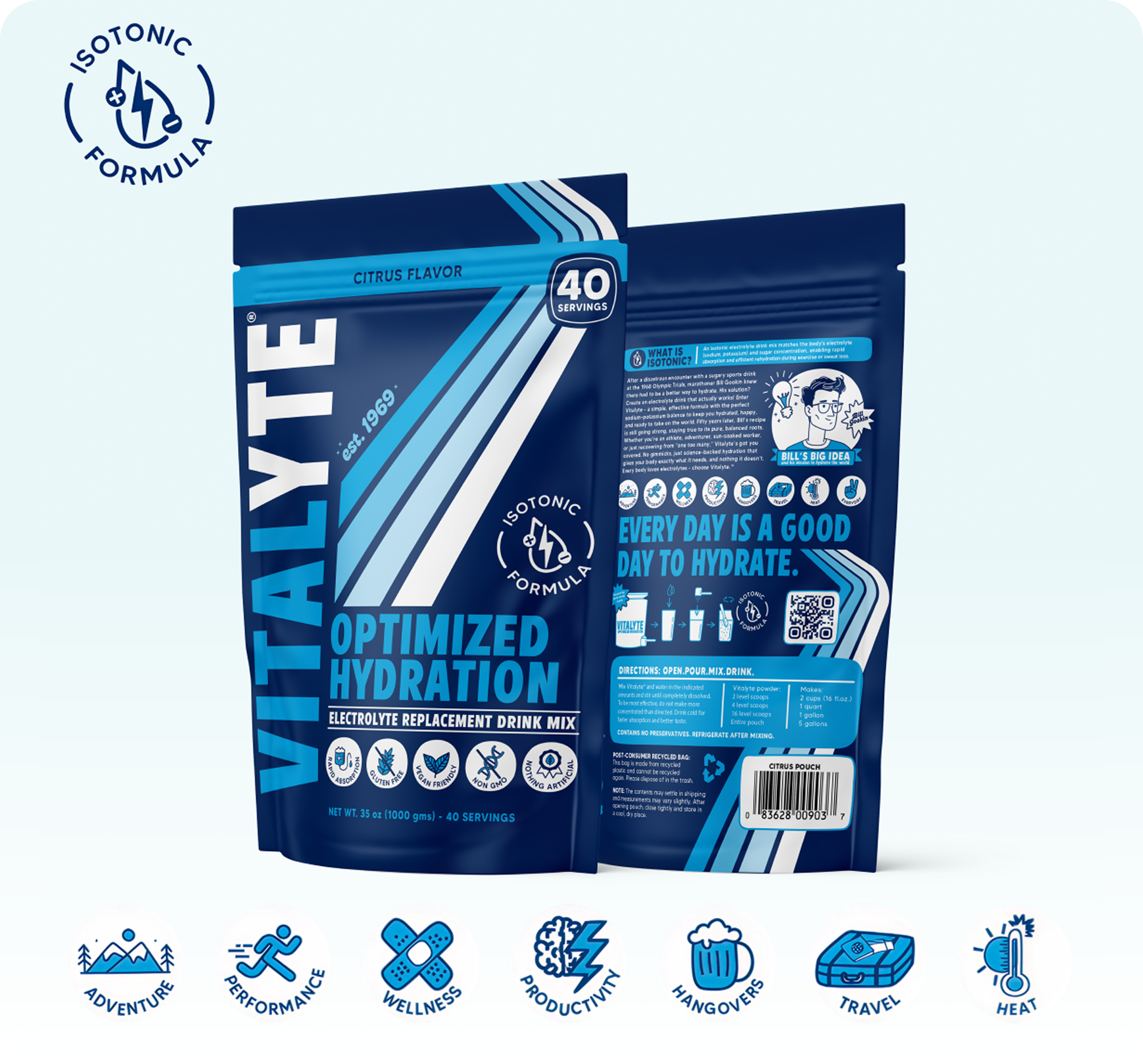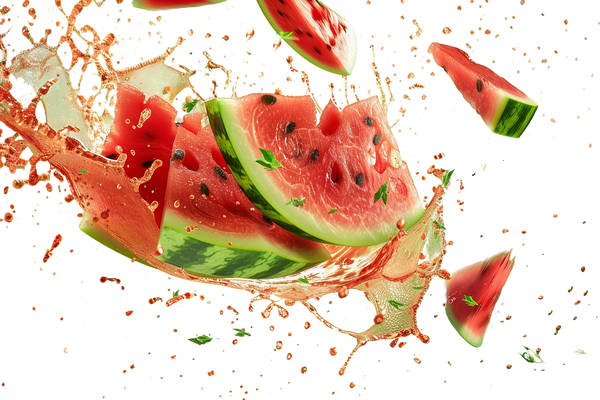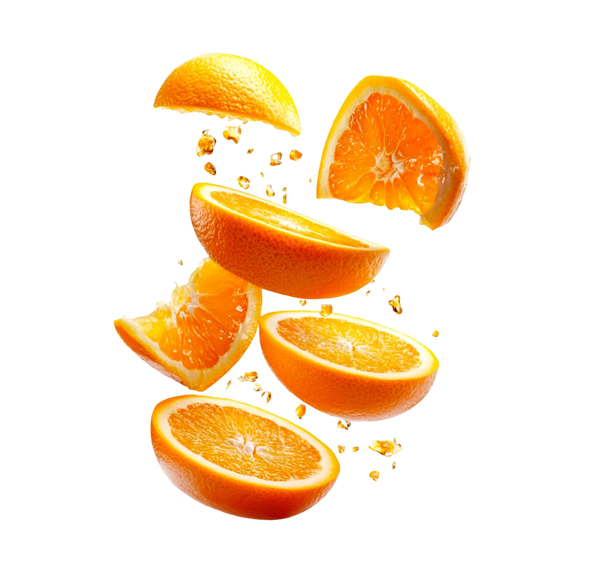HIGH ALTITUDES AND DEHYDRATION.
Share

By: Bill Gookin, No. 13 in a series of occasional reports on wellness and dehydration
Altitude sickness or “acute mountain sickness” results from fatigue, dehydration and the low oxygen levels at altitude. Just being at altitude causes you to lose far more fluids than at lower elevations, more than a quart a day just from breathing. When you’re dehydrated, exercise makes you fatigued more quickly; real fatigue, not just being short of breath. Dehydration compounded by the low vapor pressure of oxygen results in changes in the blood chemistry, making it more acidic and harder to absorb what oxygen is available. The afflicted person begins with classic symptoms of dehydration: muddled thinking, irritability, and fatigue. Headache, usually at the base of the skull, and tight shoulder and neck muscles, malaise and nausea follow if not relieved by descending to lower elevations or rehydrating with buffered electrolyte drinks. Pleural or cerebral edema (fluid accumulation in the lungs or brain) can result as dehydration progresses and the situation becomes life-threatening.

Shortly after Gookinaid™ was developed, we received a letter from a runner who each summer spent his two-week vacation backpacking in the Sierras. Every year, after the first day, he would have a splitting headache and malaise, no appetite, feeling lousy and nauseous. He figured that this went with the high altitude experience. Then, one summer he took some Gookinaid with him, drank at least a quart every day, and had none of the symptoms; no headache, no malaise, no nausea and covered much more territory than ever before ... until he ran out of Gookinaid with a day and a half to go and had to get by with just water. When he finally made it back to his car, he shucked off his backpack; leaned against the car to unlock it, wondering how on earth he was ever going to be able to drive four hours back home. He got out a packet of Gookinaid, sat on the ground and made a quart. After drinking the full quart of Gookinaid (“It was gone before I realized it!”), he became aware that his headache was going away and he was hungry. He wolfed down a sandwich, mixed up another quart of Gookinaid, drank most of it and headed home, feeling “normal” again.
Mountaineering expeditions report that it helps them keep going even above 20,000 feet, with “no muscle cramps or altitude sickness and less fatigue even with 100-lb packs.” One member of the 1984 American Medical Expedition to Mount Everest had to reconcile himself to the fact that he would never even get to base camp because he usually suffered from altitude sickness between 12,000 and 14,000 feet and once had to be evacuated with cerebral edema. One day he realized that he was helping set up ladders across crevasses 2,000 feet above base camp ... with not even the slightest symptoms of altitude sickness. He made sure that he drank plenty of Gookinaid and finally backed off at 20,000 feet, the highest he had ever climbed by over 4,000 feet! Others who began to exhibit symptoms of a.m.s. were promptly “dosed” with Gookinaid and all recovered quickly although not every one could go on to higher elevations.
According to a 1997 study, restaurants at Colorado’s ski areas each lose thousands of dollars per day due to malaise associated with dehydration and altitude sickness. This means that many “weekend skiers” are not going to feel well enough to do well on the slopes, if they go out at all, and are not going to even feel like eating. In short, they’re not going to have very much fun unless they can stay hydrated and avoid altitude sickness. Believe it or not, a lot of people (mostly women) deliberately hike or ski partially dehydrated because they don’t want to have to relieve themselves “in the bushes”. As Grand Canyon guides pointed out to us, because VITALYTE™ increases your blood volume and doesn’t dilute your blood as does water, you don’t have to urinate nearly as often as when drinking just water and you don’t run the risk of hyponatremia. Enjoy your outdoor activities more; stay hydrated with VITALYTE!
* For 40 years athletes have known us as Gookinaid, but we are not just a drink for athletes. Now the world knows us as Vitalyte™, a drink for everyone. Same fast, effective formula...band new name!
** This article is the opinion, advice and testimonial of the author and your results may vary. If you have a medical condition involving dehydration or electrolyte imbalance, you should consult a physician before following this advice.
*** Documentation on file.

